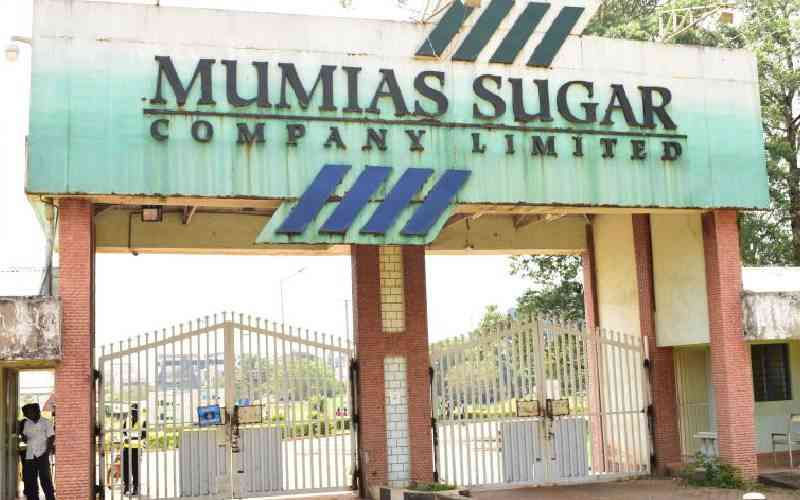×
The Standard e-Paper
Home To Bold Columnists

Top managers of Uganda-based Sarrai Group got a major reprieve after a court suspended orders that would have seen them jailed following a contempt of court case over Mumias Sugar Company lease.
Sarbit Singh Rai, Rakesh Kumar and Stephen Kihumba are facing contempt of court charges for continuing with their operations of Mumias Sugar Company even after High Court judge Dorah Chepkwony, in April last year, ordered them to stop.